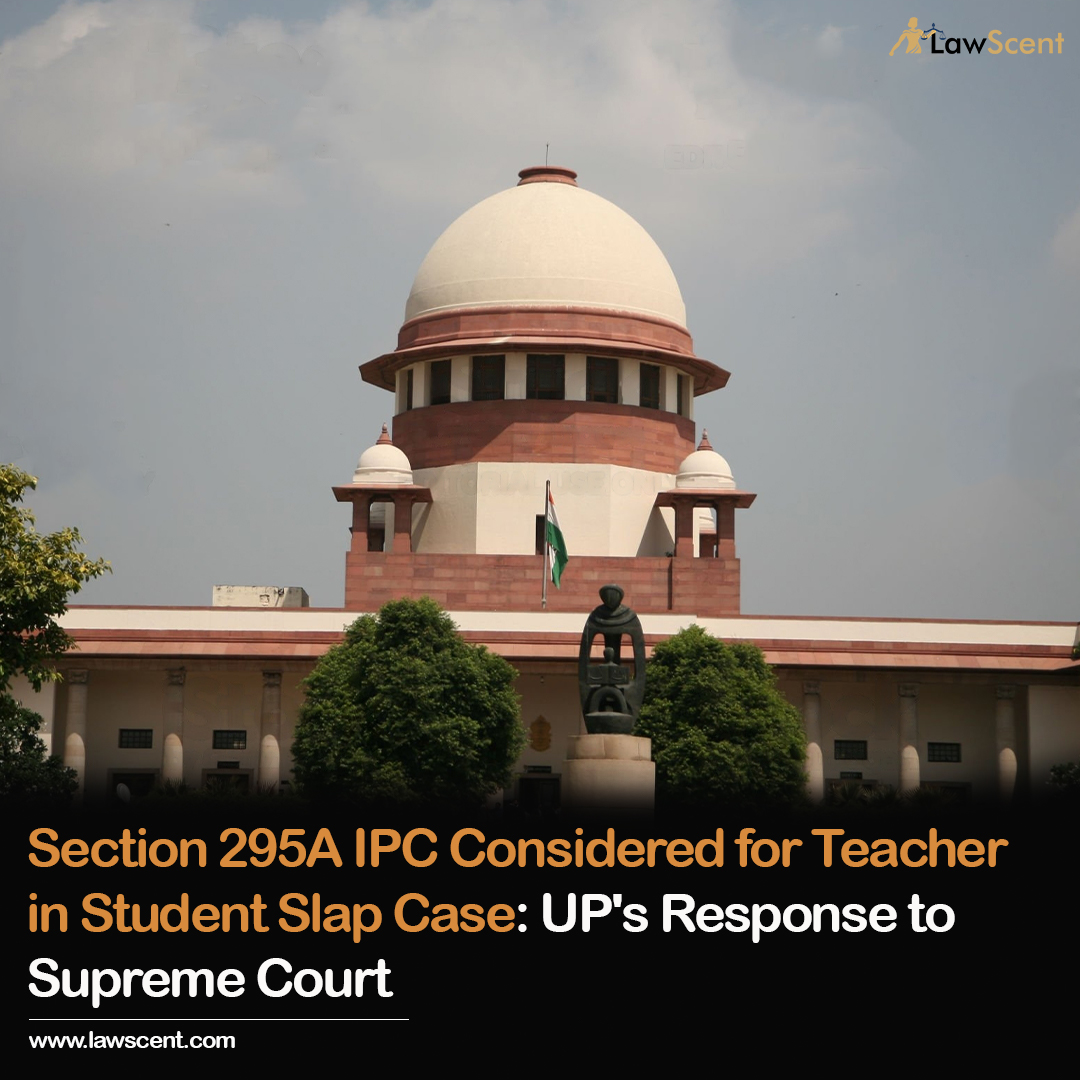
Chief Justice of India (CJI) DY Chandrachud has voiced concerns about the rising number of adjournment requests in the Supreme Court. He expressed worry that the court is increasingly becoming a ‘tareekh pe tareekh’ court, a term referring to a court characterized by frequent adjournments. CJI Chandrachud emphasized the significance of expediting cases and the adverse impact of excessive adjournments on the court’s image and public trust.
CJI Chandrachud recognized the efforts of the Supreme Court Bar Association (SCBA) and the Supreme Court Advocates-on-Record Association (SCAORA) in reducing the time between filing cases and listing them for hearings. He acknowledged the improvement in reducing this period.
However, he pointed out that lawyers are frequently seeking adjournments, undermining the objective of faster case resolution. Between September and October, lawyers requested a total of 3,688 adjournments. CJI Chandrachud cited examples of multiple adjournment slips filed for various dates, including 178 adjournment slips for cases scheduled for November 3.
The CJI also noted the contradictory behavior of lawyers, who often request expedited listings for their cases and then seek adjournments when these cases are scheduled. He highlighted the inconsistency between the desire for quick hearings and the subsequent requests for delays.
CJI Chandrachud stressed the court’s moral responsibility in addressing this issue, as it negatively affects the perception of the judiciary among the citizens. Excessive adjournments erode public trust and can harm the court’s credibility.
In summary, Chief Justice DY Chandrachud expressed concerns about the rising number of adjournment requests in the Supreme Court and the consequent delay in case resolutions. While acknowledging improvements in reducing case listing times, he emphasized the importance of addressing the issue of excessive adjournments to maintain public trust and the court’s reputation.

 Cart is empty
Cart is empty 





